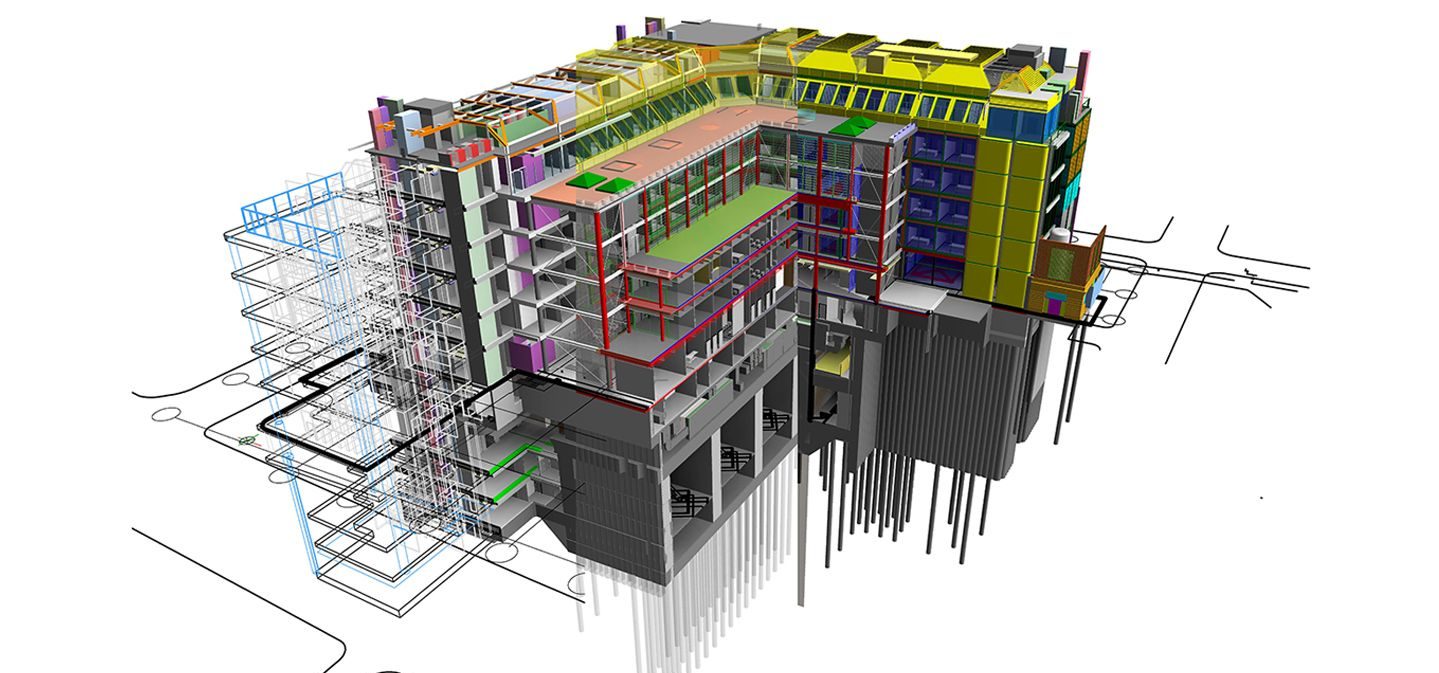The Importance of BIM Surveys in Construction Projects

In the realm of construction projects, accurate and reliable data forms the backbone of successful planning, design, and implementation. That's where BIM surveys, an integral part of the Building Information Modeling (BIM) process, play a crucial role. BIM surveys give a comprehensive and detailed knowledge of existing structures, enabling construction professionals to make informed decisions through the entire project lifecycle. On this page, we will explore the significance of BIM surveys in construction projects and the benefits they bring to the table.
Accurate and Detailed Data Capture
BIM surveys employ advanced surveying techniques, such as for example laser scanning and 3D imaging, to fully capture accurate and detailed data about existing structures. This data includes geometric measurements, as-built conditions, and spatial relationships. By giving an accurate representation of the website or building, BIM surveys minimize errors and uncertainties in subsequent design and construction processes.
Facilitating Effective Design and Planning
The info collected through BIM surveys serves as a foundation for design and planning activities. Designers and architects can import the survey data into BIM software, allowing them to visualize the prevailing conditions accurately. This facilitates the identification of design constraints, clash detection, and the creation of models that accurately represent the real-world environment. With this level of detail, designers can make informed decisions, optimize designs, and reduce potential conflicts during the construction phase.
Improved Collaboration and Communication
BIM surveys provide a common data platform that fosters collaboration among project stakeholders. By sharing a unified digital model, architects, engineers, contractors, and owners can better understand the project's scope, requirements, and constraints. This improved communication minimizes misunderstandings and enhances coordination among various teams, leading to better project execution.

Clash Detection and Risk Mitigation
Among the key benefits of BIM surveys is their ability to detect clashes and conflicts within the design early on. By overlaying the proposed design onto the accurate survey data, potential clashes between different building systems, elements, or infrastructure can be identified. This proactive clash detection helps mitigate risks and minimizes costly rework through the construction phase.
Enhanced Construction Sequencing and Scheduling
BIM surveys enable construction professionals to visualize and simulate the construction process before breaking ground. By integrating the survey data with construction scheduling software, project managers can optimize construction sequencing, identify potential conflicts, and plan resources efficiently. This results in improved project timelines, reduced delays, and enhanced overall project management.
Improved Cost Estimation and Resource Allocation
Accurate data from BIM surveys allows for more precise cost estimation and resource allocation. With detailed information about existing conditions, construction professionals can accurately quantify and estimate the materials, labor, and equipment necessary for the project. https://surveyorworcestershire.co.uk/best-building-information-modelling-worcestershire/ reduces the probability of budget overruns and helps in optimizing resource utilization.
Asset Management and Facility Maintenance
BIM surveys provide valuable data for asset management and facility maintenance activities post-construction. The detailed information captured through the survey helps in creating a secured asset database that can be used for ongoing facility management, maintenance planning, and renovations. BIM surveys enable facility managers to create informed decisions regarding repairs, upgrades, and asset lifecycle management.
Conclusion
BIM surveys have become an essential tool in construction projects, offering numerous benefits throughout the project lifecycle. By giving accurate and detailed data, facilitating effective design and planning, improving collaboration, and enabling clash detection, BIM surveys donate to enhanced project outcomes, reduced risks, and improved decision-making. As construction industry practices continue to evolve, embracing BIM surveys is really a crucial step toward achieving efficiency, cost-effectiveness, and successful project delivery.
